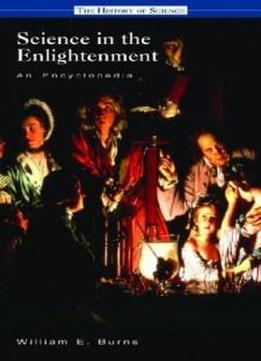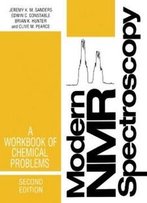
Science In The Enlightenment: An Encyclopedia (history Of Science)
by William Earl Burns /
2003 / English / PDF
4.5 MB Download
Though the Enlightenment was a time of amazing scientific change,
science is an often-neglected facet of that time. Now,
Though the Enlightenment was a time of amazing scientific change,
science is an often-neglected facet of that time. Now,Science
in the Enlightenment
Science
in the Enlightenment redresses the balance by covering all
the major scientific developments in the period between Newton's
discoveries in the late 1600s to the early 1800s of Michael
Faraday and Georges Cuvier.
redresses the balance by covering all
the major scientific developments in the period between Newton's
discoveries in the late 1600s to the early 1800s of Michael
Faraday and Georges Cuvier.
Over 200 A-Z entries explore a range of disciplines, including
astronomy and medicine, scientists such as Sir Humphry Davy and
Benjamin Franklin, and instruments such as the telescope and
calorimeter. Emphasis is placed on the role of women, and proper
attention is given to the shifts in the worldview brought about
by Newtonian physics, Antoine-Laurent Lavoisier's "chemical
revolution," and universal systems of botanical and zoological
classification. Moreover, the social impact of science is
explored, as well as the ways in which the work of scientists
influenced the thinking of philosophers such as Voltaire and
Denis Diderot and the writers and artists of the romantic
movement.
Over 200 A-Z entries explore a range of disciplines, including
astronomy and medicine, scientists such as Sir Humphry Davy and
Benjamin Franklin, and instruments such as the telescope and
calorimeter. Emphasis is placed on the role of women, and proper
attention is given to the shifts in the worldview brought about
by Newtonian physics, Antoine-Laurent Lavoisier's "chemical
revolution," and universal systems of botanical and zoological
classification. Moreover, the social impact of science is
explored, as well as the ways in which the work of scientists
influenced the thinking of philosophers such as Voltaire and
Denis Diderot and the writers and artists of the romantic
movement.










